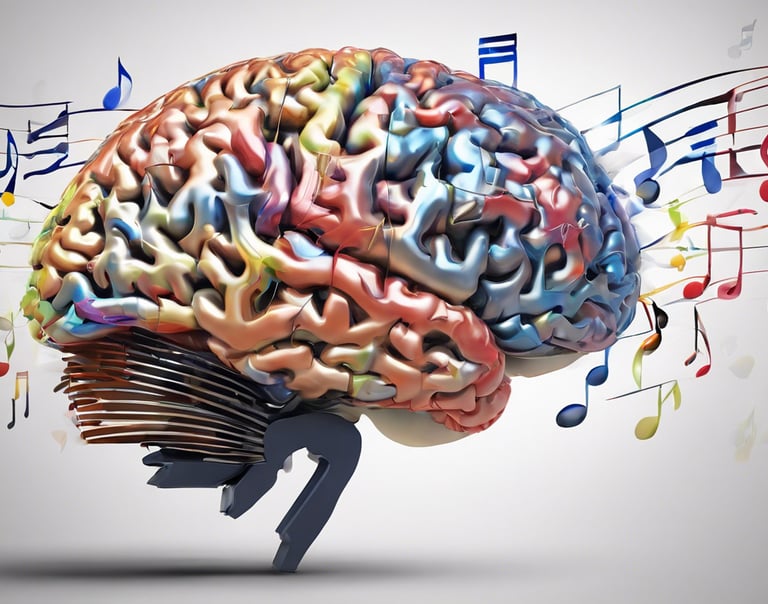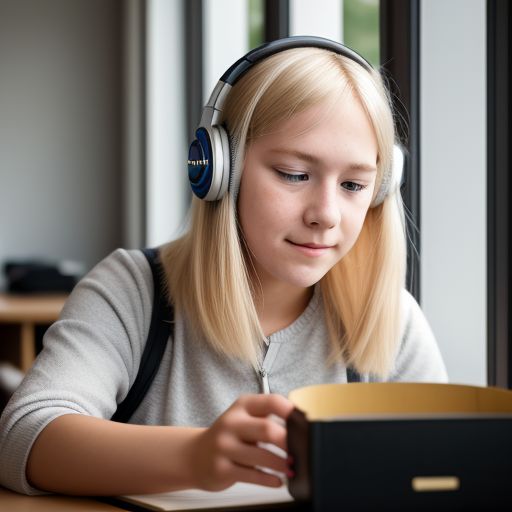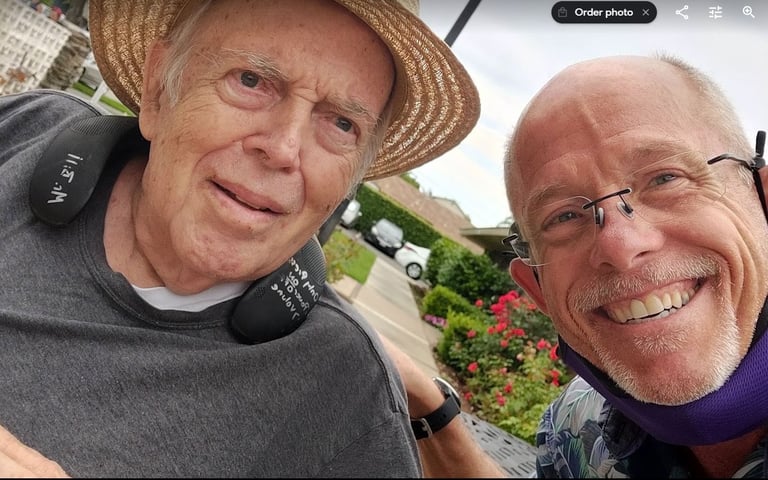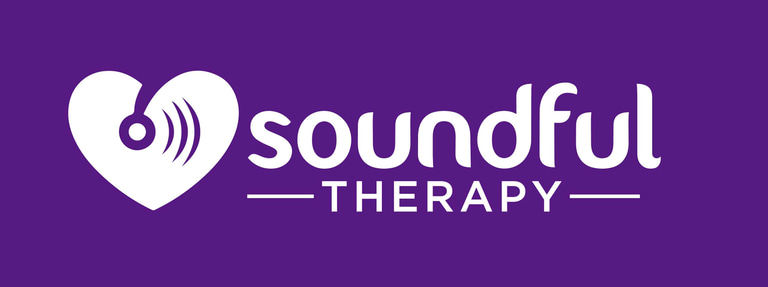

Welcome to our Sanctuary of Sound & Science.
"Thinking Issues"
Is a new way of addressing cognitive conditions such as Alzheimer's, Dementia, ADHD and more.
We offer Music Therapy Tools designed to improve the quality of life for individuals, patients, caretakers, nurses, students, and of course family advocates.
SoundfulTherapy.com brings music to those that need a lift in life, better sleep, calming tranquility, and joy. Experience all our custom compilations built into our portable speakers, each loaded with the healing sounds for the:
Elderly
Alzheimer's
STUDY/ADHD
Sleeping
Sound therapy and Music therapy are two different disciplines. The main differences between them are:
Sound therapy, a Tibetan cultural discipline, uses tools like chimes, bowls, and percussions to achieve specific sound frequencies, tempo, or vibration for the purpose of healing the consciousness and energetic/spiritual components of both the client and practitioner.
Music therapy is often integrated into healthcare settings to aid in rehabilitation, mental health treatment, and special education. Music helps those to focus to address symptoms like stress and pain. The positive therapeutic effects in mental and physical ailments is attributed to the release of Oxytocin, Endorphins, Serotonin, and Dopamine.
Both methods have mental, emotional, and even physical benefits as seen in our in-depth research, studies, and informative PDF's and video links. As a sceptic, I have experienced the power of sound and the healing properties and would like to share with you what I find that works best, in simple terms.

Music awakens the soul and moves your body (dance), it triggers memories and joy, and can touch those with advanced Alzheimer's. Memories that are buried deep inside can come to life in the mind of dementia. The mere triggering of emotions provide a sense of comfort and connection.
Learn about Sundowning, Reminiscence Bumps, Telomers, and Bio-Feedback and why combining science with music and meditation can make a difference.
Similarly, individuals with ADHD often find it difficult to focus and concentrate, but soothing sounds and music can help calm their restless minds, enabling better attention and productivity.
Those struggling with sleep deprivation, relaxing melodies and white noise can promote a sense of tranquility, aiding in falling asleep and achieving a restful night's rest.
The therapeutic effects of sounds and music have been widely recognized, offering a glimmer of hope and relief amidst the complexities of these conditions.
Our Musical Journey Begins...
Thanks to the "Neurosciences of Music and Meditation," we can now demonstrate how meditation and listening to music affect brain function, cognitive processes, emotional regulation, and overall mental well-being. At Soundful Therapy, we integrate these findings into powerful tools designed to enhance the quality of life for three main groups:
With Dementia, long and short-term memory decline accelerates at unpredictable rates and this makes communication difficult and often frustrating. Caretakers and loved ones experience burnout and the patient is often left alone.
Sundowning (Sundowners Syndrome) is a group of behaviors that people with Alzheimer's or dementia exhibit in the early evening. Including: Agitation, Distress, Irritability, Confusion, and Anxiety.
Music is known to lessen these behaviors by simply calming the mind and relaxing the body so much so patients become more cooperative, requires less medication, and increases overall quality of life.
Music is also known to help those with dementia prolong the cognitive decay by stimulating several regions of the brain by increasing schemata's engagements.


1: Dementia, Alzheimer's
2: Students, Focus, & ADHD
Classical compositions and Binaural Beats have been shown to improve focus, concentration, and attention that assist students with studying and individuals with ADHD in improving focus. Research indicates that classical music, in particular, engages various regions of the brain associated with attention and memory, promoting an environment conducive to learning.
When combined with binaural beats, which synchronize brainwave patterns, classical music can help mitigate distractions, enhance information retention, and boost productivity during study sessions or tasks requiring sustained attention.
You can here our focus playlist online for free or select one of our Bluetooth devices preloaded with hours of focus and study soundtracks.
Music, white noise, and binaural beats, with its ability to modulate frequencies, can be a powerful tool for relaxation, reducing heart rate, and calming the mind to aid in falling asleep.
Being mindful of one's feelings, including depression, is a huge win. Sounds and music can lift our spirits or open the door of heavy thought. With the volume up or down, each beat can promote internal happiness and mental resilience. Help us help you by allowing us to put together a playlist that evokes and awakens your inner journey.
Individuals can access the therapeutic benefits of sound with meditation, fostering inner harmony and connection with themselves and the world. Embrace the power of sound frequencies and rhythms to enhance your overall well-being.
3: Sleep, Depression, & Meditation






The inspiration behind Soundfultherapy.com
The Soundful Therapy necklace has made a remarkable difference in my father's life. It brought him so much joy and comfort.
I am truly amazed by the positive impact that the Soundful Therapy device has had on my father's well-being.
Personalized Recordings do wonders (inquire within).


Witness how music can make a difference as seen through his eyes...
This is a brilliant man, with no memory, unable to have a conversation. Yet, with music from his era playing in the background, he is more engaged, talkative, and you can see in his eyes that his mind is working.
Watch as he sips on his drink, relaxes in a courtyard "covid free zone at the facility", and happily listens to one of his favorite songs.
It would be an honor to customize a selection for your loved one(s) based on their likes.

About Us
At Soundful Therapy, we are passionate about improving the lives of individuals with Alzheimer's and other ailments through the power of music.
In 2020 my father was left alone in a facility where he was forced to sit in a wheelchair as he was declared a "fall risk". The staff failed to provide the prescribed physical therapy we as his advocates and his Doctor requested. Why? because my father with Alzheimer's was obviously going to say no thank you.
Facetime was the only "legal" means of communication and that was not enough for our family to accept.
We recorded special messages and inserted them into a special playlist of his favorite music and provided the staff with instructions on how to play the device for my father.
The feedback was tremendous, the care takers felt closer to him as he would sing lyrics, smile, and they said his demeanor improved.


Contact Us
Have any questions or inquiries? Feel free to reach out to us. We'd love to hear from you!
